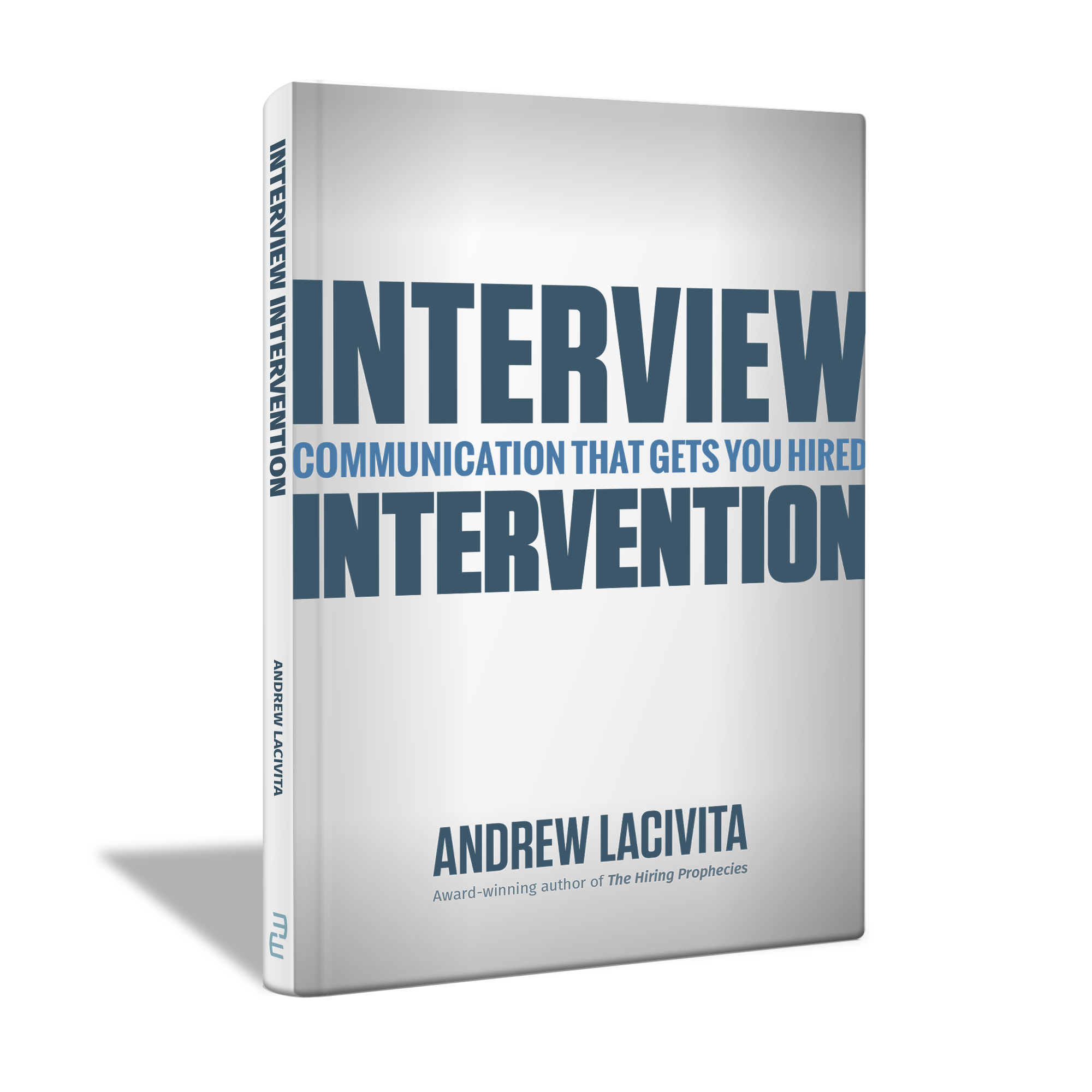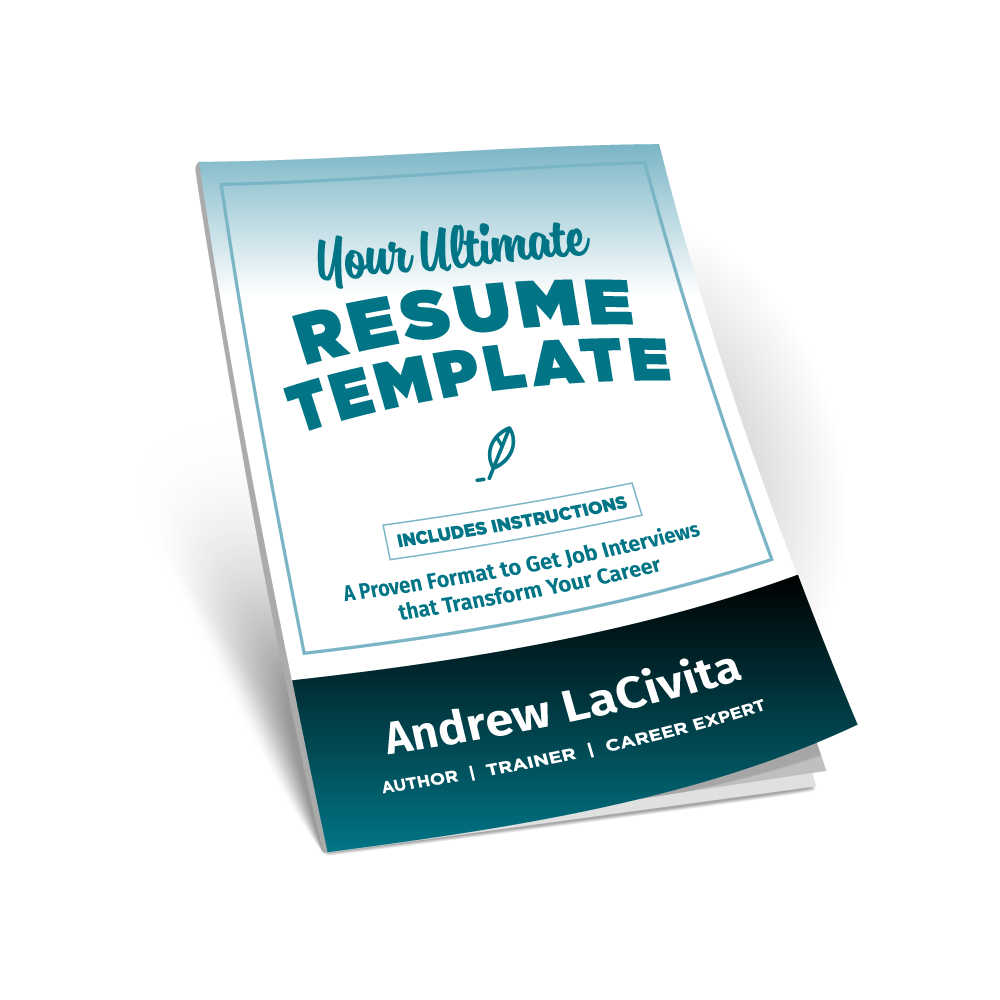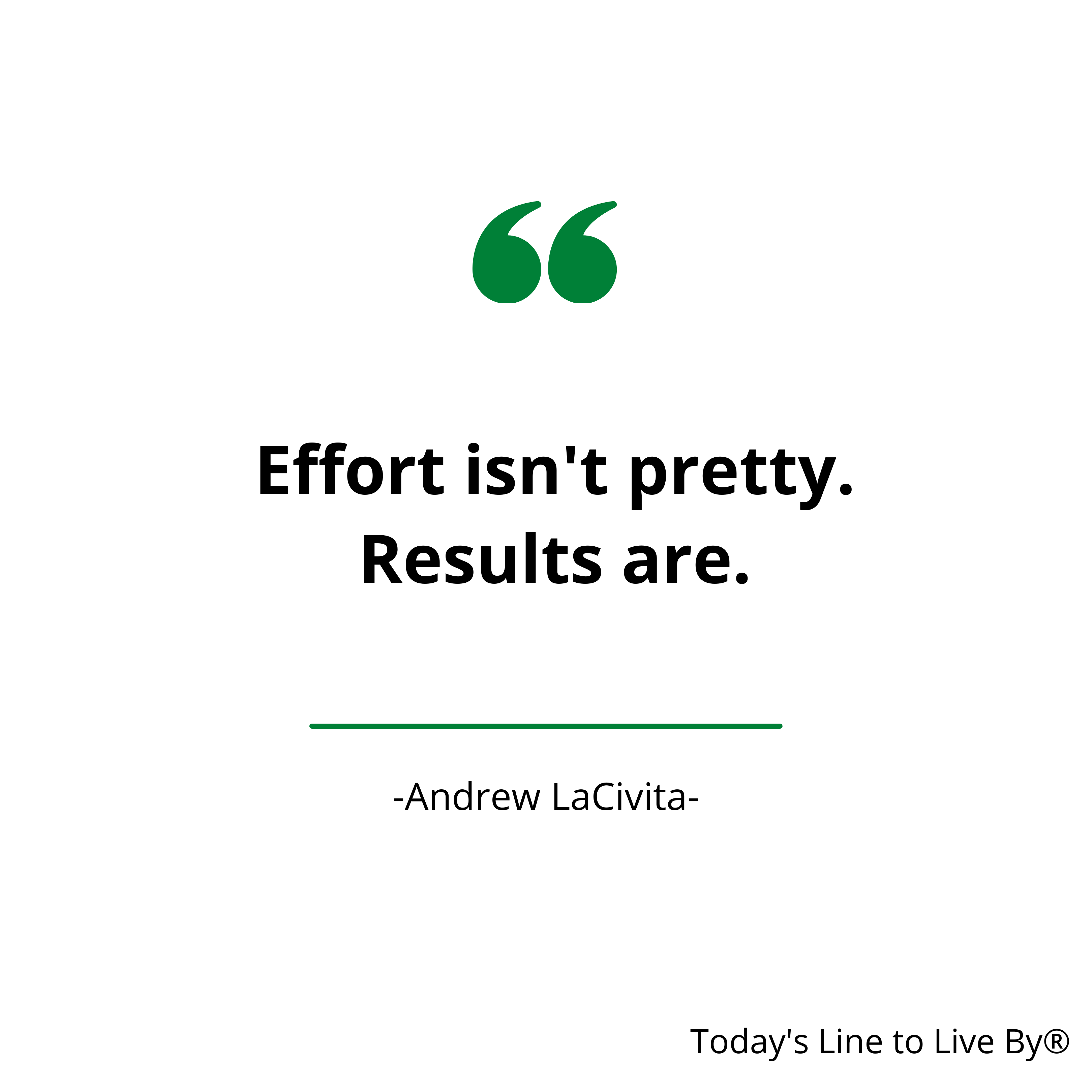As part of Interview Intervention: Communication That Gets You Hired, I included what I consider the 14 most effective job interview questions an employer can ask a job candidate. While there are loads of great interviewing techniques and questions, I feel it’s important to balance time and effectiveness when determining whether a candidate and employer relationship will be strong long-term.
To aid in that effort, I identified the 14 I consider the most comprehensive—to gain the best understanding of the candidate’s overall fit in the least amount of time. I am gradually releasing these through the blog and today’s is Number Seven. You can see a complete list immediately by downloading a complimentary ebook from themilewalk website!
Effective Job Interview Question #8: “Describe an ambiguous situation that you organized, resolved, or executed.“
This question is very effective because it helps the employer determine whether the candidate has strong organizational skill. It surfaces information regarding whether the candidate is a self-starter in assembling the components necessary to bring order?
The employer can also disguise the question such as, “Describe a situation where you solved or implemented something you considered complex,” “Describe a situation when you took initiative on a project,” and “Describe a situation where you implemented something without being asked.”
This is a relatively straightforward question regarding what the employer ultimately seeks. The interviewer wants to understand whether you can operate independently in an organized fashion. The most important element in responding to the question is to ensure you can find a rich example where you identified the necessary components or activities that needed to be executed in order to complete the product, project, or group of activities.
When responding, be sure to include how you started, how you executed, and how you ended. It will be easier for the interviewer to follow along and remember your story if it is figuratively outlined for her—start, execute, and finish. Alternatively, you can think in terms of architecting, implementing, and operating (or whatever else might be appropriate for your field). You can handle the critical success factor of “making them believe you” by iterating details within each of the sections of your response. For example, below is a marketing executive who is attempting to identify the best approach for a marketing campaign:
Candidate: “We needed to execute a marketing campaign and wanted to isolate it to one of our customer segments because we didn’t have the budget to cover accommodations for all three (top, mid, and low) levels of customers. We also didn’t have enough data to determine which customer level would be most effective to target.
The candidate can then revert back to the beginning to highlight the details of each phase to show the interviewer her logic behind the approach, the thoroughness of the execution, and how she captured and monitored the results. The interviewer won’t necessarily remember any of the details, but she will remember the candidate had a logical approach and a detailed understanding of the process.









What a information of un-ambiguity and preserveness of valuable familiarity regarding unexpected emotions.
I pay a quick visit each day some websites and blogs
to read content, but this webpage presents feature based articles.
Thanks Clay!